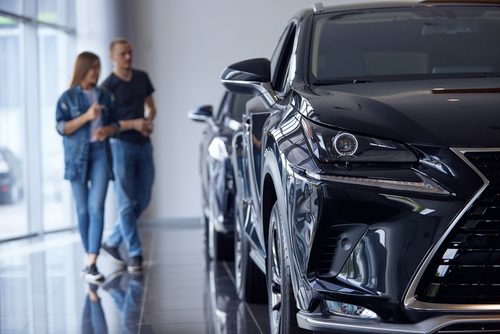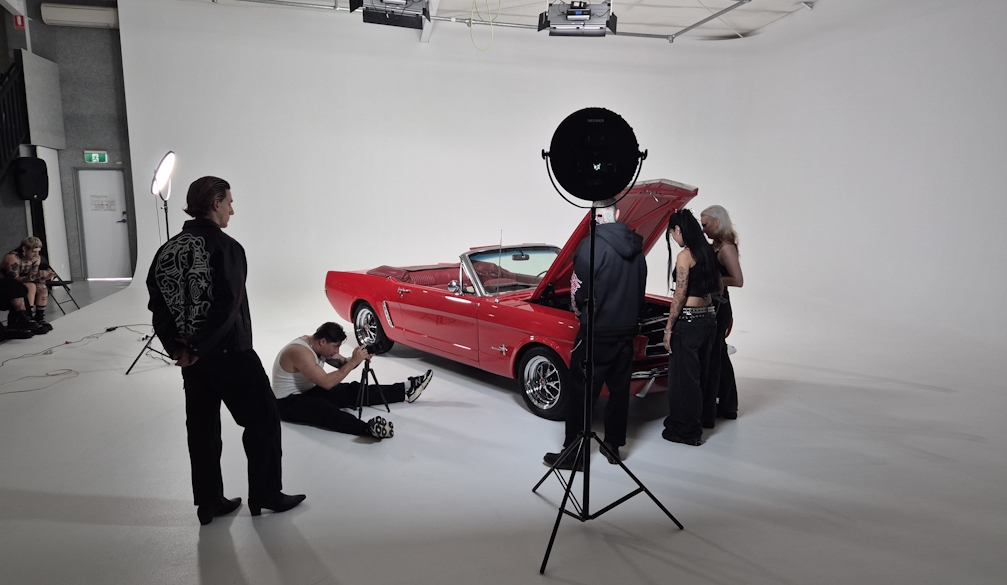What is ‘whole of nation’ foreign policy and what does it mean for Australians?
- Written by Melissa Conley Tyler, Honorary Fellow, Asia Institute, The University of Melbourne
A key phrase in foreign affairs at the moment is taking a “whole of nation” approach. It has been cropping up in government documents such as the Defence Strategic Review[1] and International Development Policy[2].
But what exactly does it mean?
A new report[3] to be launched at Parliament House by the Asia-Pacific Development, Diplomacy and Defence Dialogue[4] provides an explanation.
“Whole of nation” moves beyond the more familiar “whole of government” approach by recognising that foreign affairs should involve, as the name suggests, all facets of Australian life: business and investment, science and technology, education, sports, culture, media and civil society.
At a minimum, a whole-of-nation approach sees global engagement as not just the job of core international policy actors such as the Department of Foreign Affairs and Trade, but as the role of a far wider constituency.
That means all of us.
Read more: Foreign policy and the Albanese government’s first 100 days[5]
If you’re in business, you’re potentially a global actor: trade and investment are vital to building Australia’s international relationships. Science and technology co-operation is likewise an intrinsically international pursuit, and where and who you engage with makes a difference to Australia’s international links.
If you’re involved in education, the impact you have on international students informs international perceptions of Australia, while school-and-university-level educational partnerships create important links.
You might be involved in community-to-community links through a faith group, charity or non-government organisation. You might be a farmer or trade unionist interacting with seasonal workers. If you’re a First Nations Australian, you might draw on cultural knowledge and sometimes shared heritage to build links with other peoples. If you’re in the half of the population with recent experience of family migration, you’re part of important diaspora links across the world.
And if you travel, study or work abroad, you’re part of the impressions that other countries’ citizens form of Australia.
So when politicians talk about the “whole of nation” being part of our international engagement, they are talking about all of us. They want to get us thinking about how, as an individual or through a group, we can contribute to Australia’s international goals.
There is growing recognition that, given the scale of global problems, governments can’t do it alone.
“Whole of nation” carries a sense of urgency that Australia’s people, economy, society and public institutions must become more alert to their role in the international sphere and better organise themselves to meet these challenging times.
This push[6] for a more purposefully co-ordinated Australian statecraft has been driven by[7] an increasingly challenging and complex external and security environment.
To those focused on the climate emergency, it is self-evident that dealing with a problem of this magnitude will require all Australia’s capabilities to be brought to bear.
Read more: Australia's new development aid policy provides clear vision and strategic sense[8]
For those concerned about a worsening geopolitical environment, again it is vital that we take a co-ordinated approach.
There is also a sense of having to do more with what we have. While Australia will continue to grow in most important respects in absolute terms, its relative weight in the Indo-Pacific is likely to diminish as its neighbours continue to grow. A similar shift is happening with relative power moving away from Western countries, including Australia’s traditional allies.
The Indo-Pacific is the epicentre of this century’s great power competition, so it is no small matter for Australia to try to contribute to the region’s stability, prosperity and security.
It means Australia needs to avoid “foreign policy autopilot”. Instead, we need a wider range of participants and resources in Australia’s international policy.
The good news is that Australians see themselves as active in the world, both as individuals and as associations and industries. They are often interested and energetic. The question is how to harness this effectively. A whole-of-nation approach can co-ordinate activity to drive clear and tangible results, tied to foreign policy strategy and goals.
The depth and diversity of Australia’s resources, assets and capabilities need to be identified and harnessed to secure our future. And we will need shared vision and objectives for what Australia’s international engagement is trying to achieve. From there, we will gain a better understanding of the skill sets that each part of our society and economy can contribute.
In short, “whole of nation” means foreign policy isn’t the preserve of a few. In a world of many problems, expect to see more calls for a whole-of-nation approach to international policy.
References
- ^ Defence Strategic Review (www.defence.gov.au)
- ^ International Development Policy (www.dfat.gov.au)
- ^ A new report (asiapacific4d.com)
- ^ the Asia-Pacific Development, Diplomacy and Defence Dialogue (www.asiapacific4d.com)
- ^ Foreign policy and the Albanese government’s first 100 days (theconversation.com)
- ^ This push (www.pm.gov.au)
- ^ driven by (www.foreignminister.gov.au)
- ^ Australia's new development aid policy provides clear vision and strategic sense (theconversation.com)

















